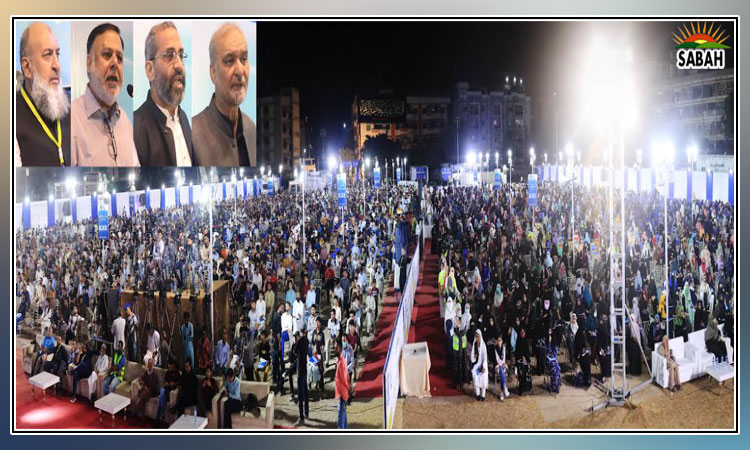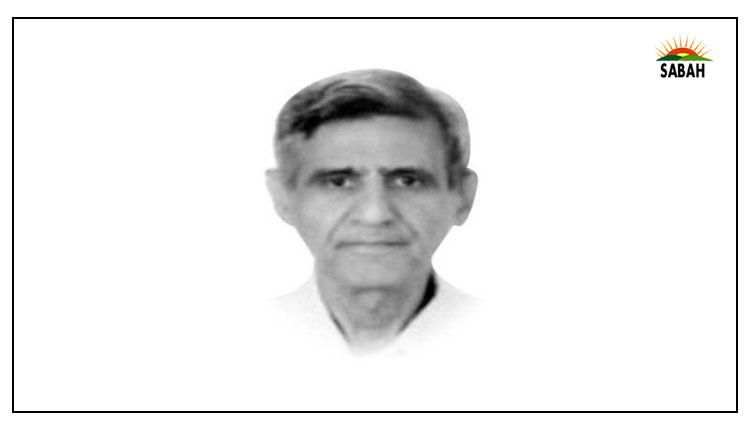Constitutional victory or a textual stalemate? ۔۔۔۔۔ Haroon Rashid Siddiqi
Justice will not be served until those who are unaffected are as outraged as those who are.—Benjamin Franklin
Before I delve into the gist of my article, l would like to truly acknowledge and appreciate Chief Justice Qazi Faez Isa for his bold and eminent decision to introduce live television coverage of the apex court’s proceedings. By putting the full bench of thirteen judges under the spotlight of transparency and criticism, he has opened the court to scrutiny, which often exceeds reasonable limits, particularly from politicians and the legal fraternity.
The recent judgment by the full bench of the Supreme Court, returning the reserved seats in the National and Provincial Assemblies to Imran Khan’s Pakistan Tehreek-e-Insaf (PTI) has sparked an important debate about constitutional interpretation. The majority of the thirteen judges have indeed adhered to the Constitution’s provisions in both letter and spirit, reflecting a holistic approach to jurisprudence. However, the unwavering reliance of the Chief Justice and a few other judges on the textual interpretation raises concerns about the application of textualism in contemporary judicial practices.
Textualism, which emphasises a strict adherence to the literal words of the Constitution, has found fewer proponents in today’s judiciary, both in Pakistan and globally. The modern judicial ethos often leans towards a purposive approach, where judges seek to understand the broader context and the underlying intent behind constitutional provisions. This method ensures that the law evolves with society, remaining relevant and just.
The Chief Justice’s reliance on textualism, while constitutionally valid, appears somewhat rigid, potentially neglecting the dynamic and complex realities of contemporary governance. The Constitution is not merely a static document but a living framework meant to guide a nation’s evolving democratic principles. Interpreting it without considering the socio-political context can lead to decisions that, though legally sound, may not align with the democratic spirit.
Globally, judicial trends show a preference for contextual interpretation. The US Supreme Court, for instance, often debates originalism versus a living Constitution approach, with a growing inclination towards the latter. Similarly, in the UK, the purposive approach in statutory interpretation reflects an understanding that laws must serve the people effectively, considering current societal contexts.
In this light, the Supreme Court’s decision on the reserved seats underscores a broader judicial philosophy. While it demonstrates constitutional adherence, it also highlights the limitations of a purely textual approach. For Pakistan to navigate its complex political landscape effectively, it is imperative for its judiciary to adopt a balanced interpretation, one that respects the text but also embraces the Constitution’s spirit and intent. For a change, I use a couplet of my own to pay my tribute to the progressive judges.
Aeen-e mumlikat hai ye loh-e azal nahin
Tum lakh didawer sahih ahsas chahyai
Courtesy Express Tribune












